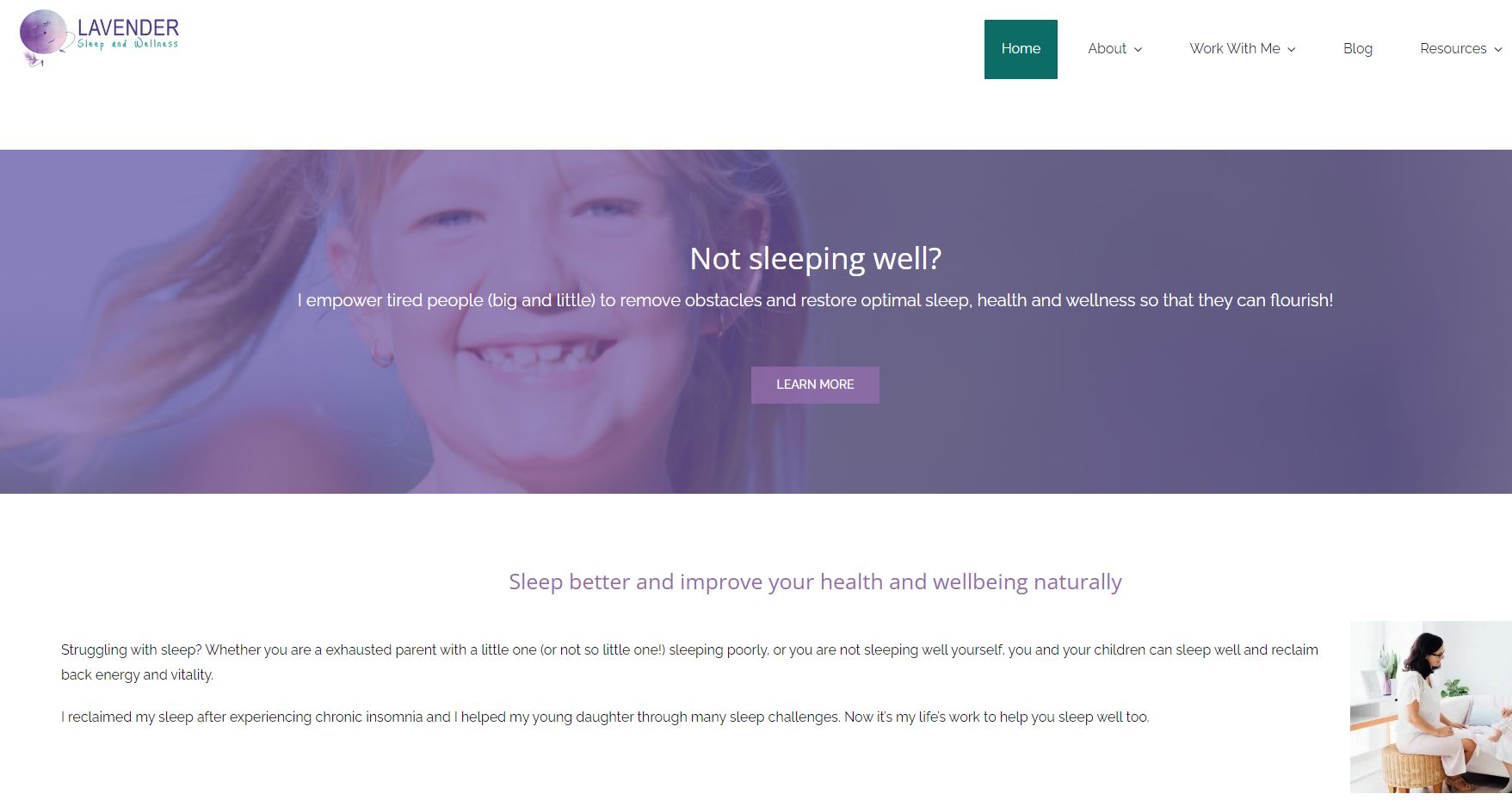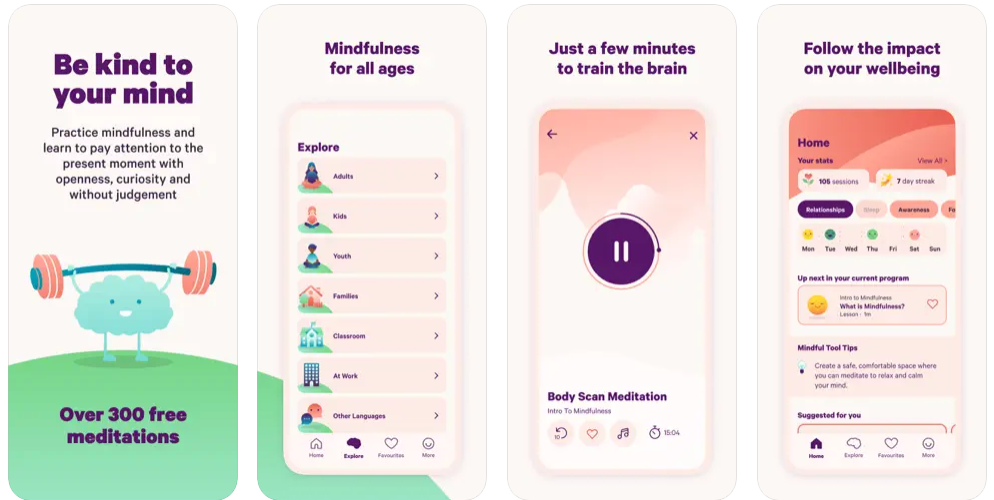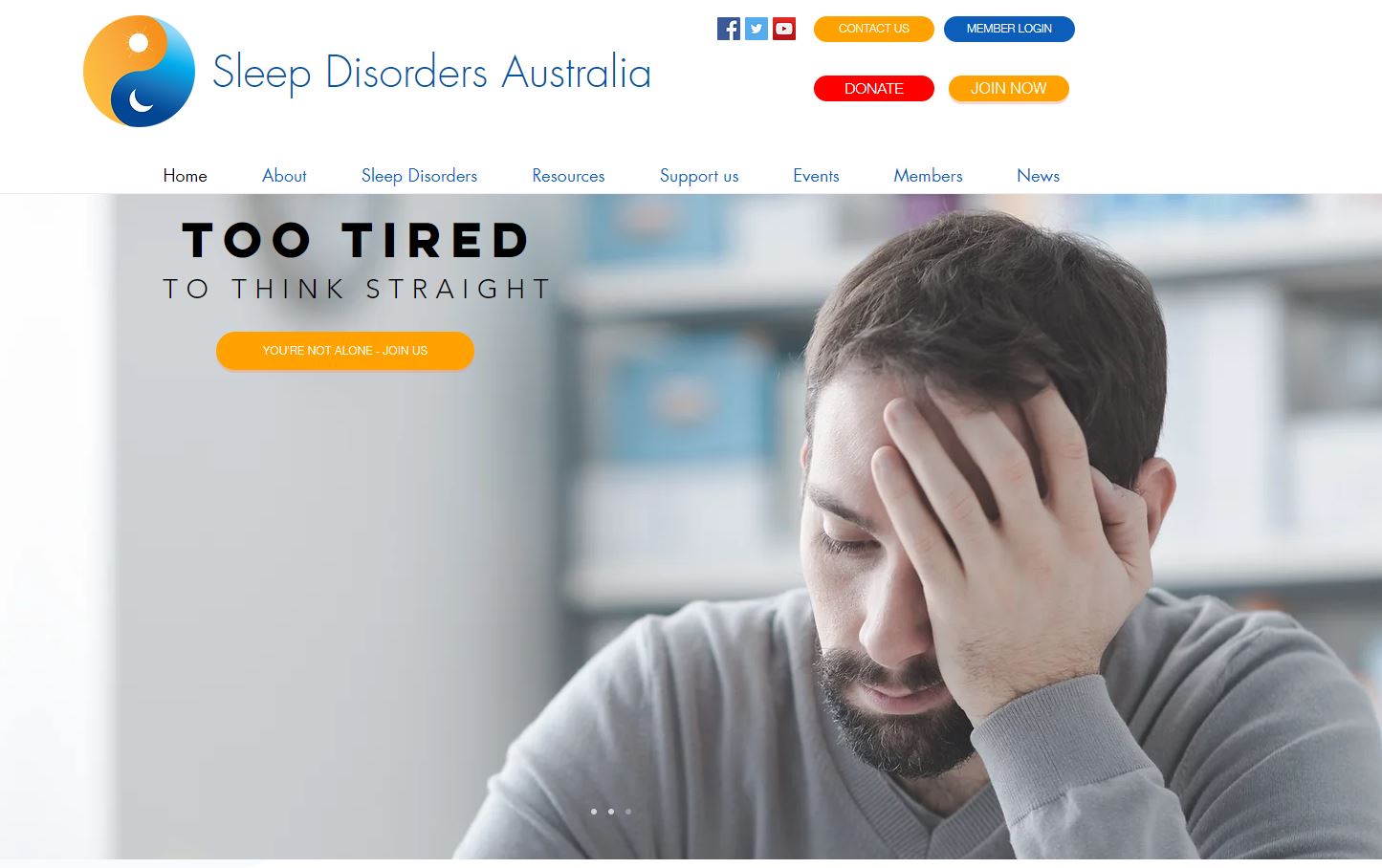Overview
Sleep provides your body and mind with a chance to recharge and reset and is also linked to physical and mental health.
There are many factors that come into play when it comes to how well we sleep and how much sleep our individual bodies need. Genetics, age, whether you are physically active, or consume caffeine or alcohol, and your mental well-being can all contribute to a good or bad night’s sleep.
How much sleep we need will differ from person to person. Some of us can still feel ok with an hour less sleep whilst others will feel tired and may find it difficult to stay focused.
For adults aged 26 to 64 years 7 to 9 hours of sleep, a night is recommended. Less than 6 hours or more than 10 hours of sleep is not recommended for this age group. To read more about how much sleep is recommended for you age group visit Sleep Health Foundation.
The benefits of a good nights sleep
Not getting a good night’s sleep can make you feel tired as well as lead to issues with concentration, and changes in your mood and energy.
So, what does a good night’s sleep do for us?
Consistently getting a good night’s sleep can:
- Lower your risk of serious health issues
- Restore your immune system
- Help you to think clearly and concentrate
- Improve you emotional intelligence
- Increase your energy level and mood
- Assist your body to maintain good heart health
- Regulate your blood sugar
- Help you cope with stress
- Help you to maintain a healthy weight
- Assist in the prevention of depression
Mental Health and Sleep
Sleep and your mental well-being are closely connected. Not getting the right amount of sleep for an extended period can have a negative impact on your mental health. Without adequate sleep, our brains are unable to operate to their full potential and can start to slow down. Our memories and emotions are impacted, and we can feel easily irritated, sensitive, or even impulsive.
Not getting enough sleep each night can also increase the level of cortisol (the hormone associated with stress) that is produced in your body. When this happens, your sleep can become broken, or you may experience insomnia.
If you are having problems getting quality sleep, you may be more likely to feel anxious or depressed. Poor sleep can also lead to feelings of loneliness (because you are too tired to be social), paranoia, or trigger psychosis.
Living with a mental health condition can impact your sleep in several ways:
- If you experience anxiety, you may find it difficult to sleep. Worrying about not getting enough sleep or other things that are on your mind can all contribute to this
- Experiencing mania (overactive and excited behavior) can cause insomnia and keep you awake
- Experiencing psychosis or paranoia can make it difficult to relax and fall asleep particularly if you are experiencing voices or hallucinations
Tips
Unfortunately, some of us find it harder to drift off to sleep than others.
If you are finding it difficult to sleep here are a few things, you can do to create a positive sleep environment
- Limit or remove caffeine and alcohol intake before bed
- Avoid smoking cigarettes before bed, nicotine can make it harder to fall to sleep
- Avoid using screens and electronic devices for at least 60 – 90 minutes before bed. Too much exposure to screens before bed can disrupt our body’s natural sleep process and hormones
- If you nap during the day don’t nap for longer than 20 minutes. Napping for a longer period can disrupt your sleep at night
- If you can keep your bedroom or sleep space cool
- Eat your final meal 2 to 3 hours before bed. Eating too close to when you want to go to sleep, or going to sleep hungry can affect your sleep
- Try not to force your body to stay awake longer than it wants to. If you feel tired lay down and try to get some rest. If you are having trouble falling asleep take a time out. Get up and listen to some music, read, take another hot shower, or try some meditation to help you relax then try again
Did you know?
Did you know that:
- Alcohol makes you restless and can have a negative impact on your sleep
- Some medications (both prescription and non-prescription) can disrupt your sleep
- Worrying about going to sleep can actually make it harder for you to go to sleep
- Napping during the day can have a negative impact on your night-time sleep
- You can’t actually “catch up” on sleep
Next Steps
If you are still having trouble getting a good night’s sleep it is a good idea to talk to your GP or psychologist.
Other forms of treatment that have been found to be helpful for some people include:
- participating in cognitive behavioural therapy for insomnia
- relaxation techniques such as mindfulness or meditation
- seeking support from a sleep consultant
- short term medication or melatonin supplements (we recommend speaking to your health professional first)



